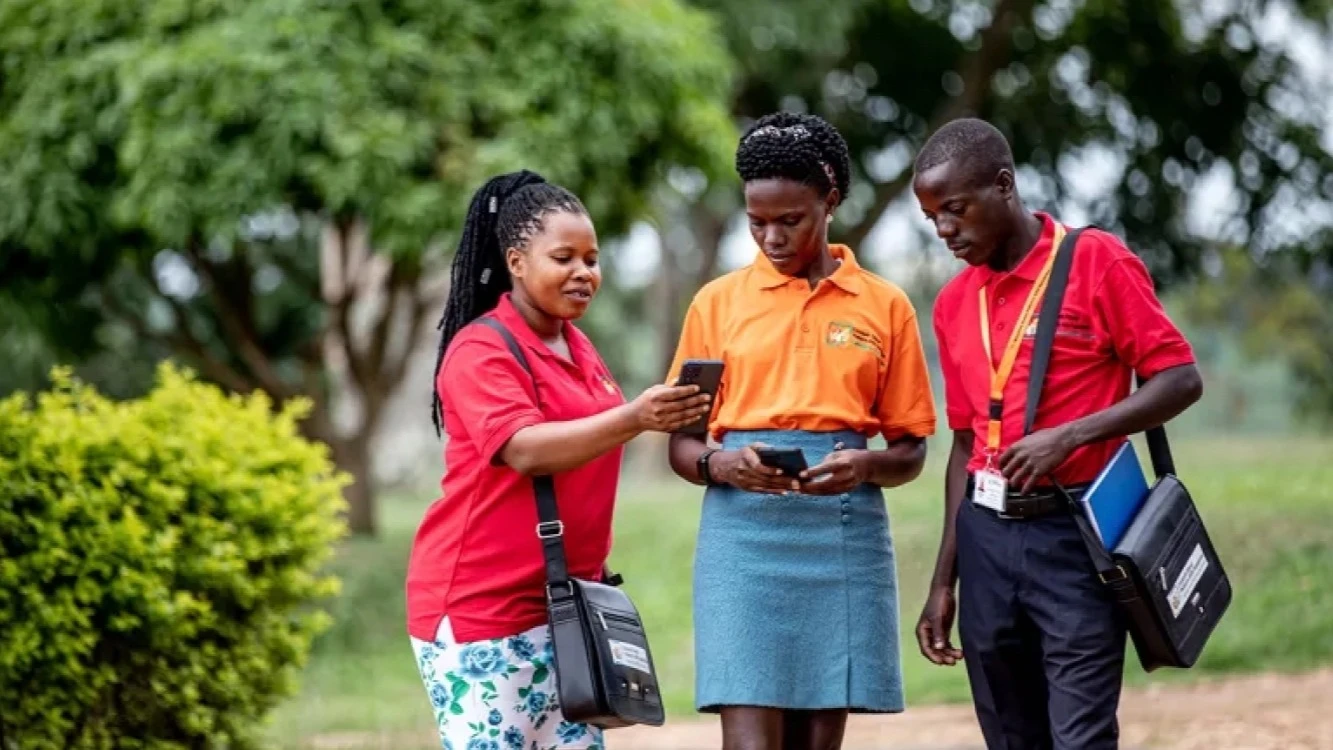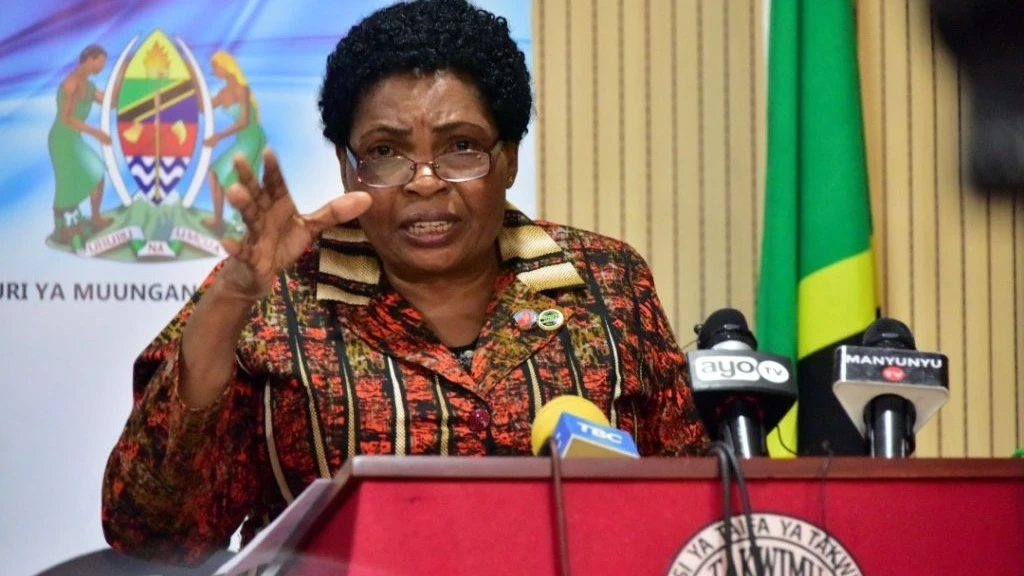Girls’ rights are one thing, while their future is tied up with everyone else’s

ADVOCACY is having to be creative and raise new agenda that attract public attention, this on account of the fact that not everything wanted by women activists can be set or guaranteed in society generally and in law in particular.
When activists see obvious reluctance for social habits to change in a certain direction, they often seek refuge in law – that is, if the law is changed, habits will also change, but the result is that either the law is not changed or if it is altered, some parts of it soon become unusable.
Some of what activism is about often concerns demands running counter to received wisdom, and makes unions somewhat uncomfortable.
At times, there is an effort to put old wine in new bottles if the outcome of earlier discussion was unsatisfactory, and a new engagement sort of promises better results as in the latest initiative.
Things are explained as a bid to advocate and advance girls’ rights, where a range of activist groups are joining forces to host a national forum known as Girl Agenda 2024.
There appears to be something hurried in the manner in which the title was laboured upon, and finally endorsed, as it sets not a vision for the future but is stuck with the point of departure – in which case, by this time next year, it will not be a current topic.
What is interesting is that this time activists wish to refer to “girls” rather than “women”, as often there is an effort at homogeneity. There has to be a reason that girls are now brought into the limelight.
A series of events is being organised ahead of the commemoration (on October 11) of the International Day of the Girl Child, ion the main meant to celebrate girls’ achievements and potential.
The organisers of the event have been talking of cultivating wider recognition of their rights and addressing the unique challenges they face globally. They have even come up with a thought-provoking theme: ‘Girls and Leadership’, where the issue is harnessing opportunities tied up with digital technologies.
Ugandan Education minister Janet Museveni has got up with a directive that secondary school students be allowed to use mobile phones routinely. Many stakeholders are seeking for safeguards, though, one worry being the impact this could have on girls.
It is evident that tying technology merely with girls’ ability to achieve their leadership goals is decidedly insufficient.
When controls are removed and girls have far more opportunities to “learn, express themselves and drive positive change in their communities”, chances are that activists will reap more than they are billing for.
Community-based educational reforms working to dismantle barriers “that have historically hindered girls from accessing quality education and leadership opportunities” may as well erode their historically positive roles of motherhood, etc.
Top Headlines
© 2024 IPPMEDIA.COM. ALL RIGHTS RESERVED

















